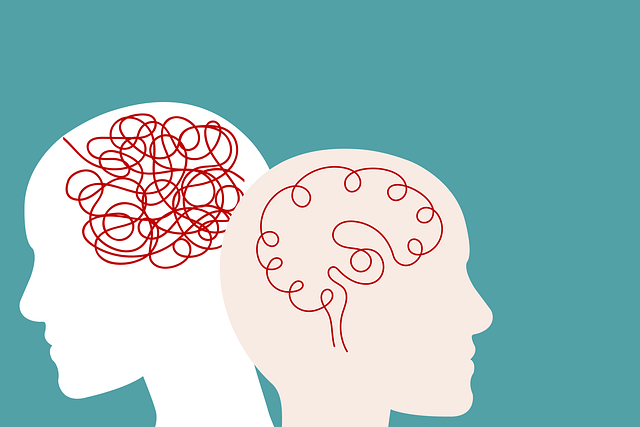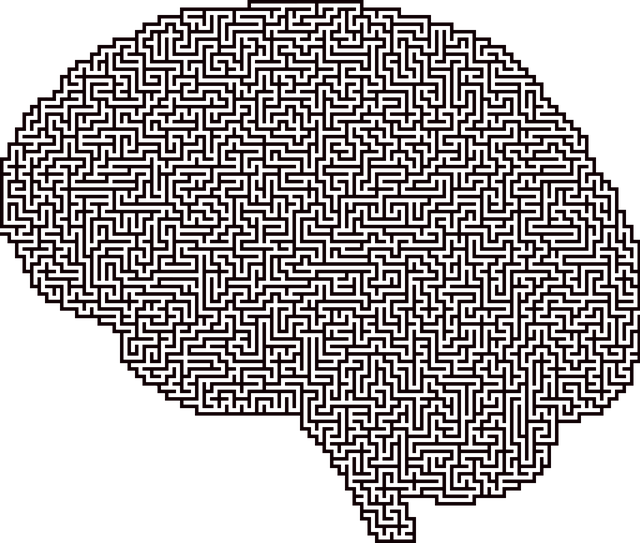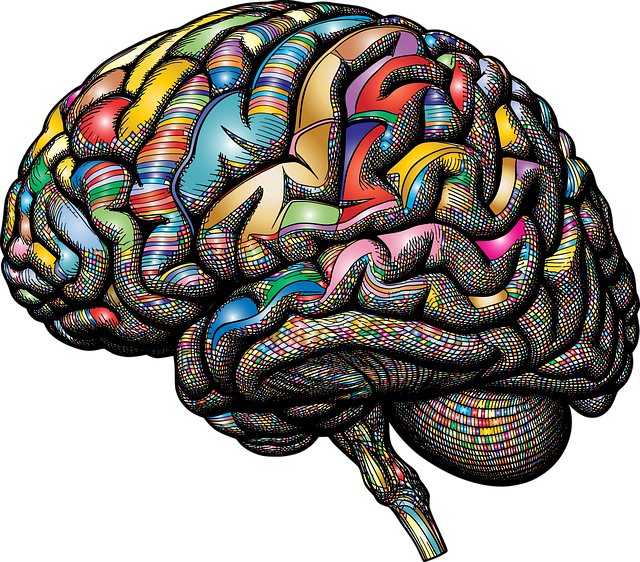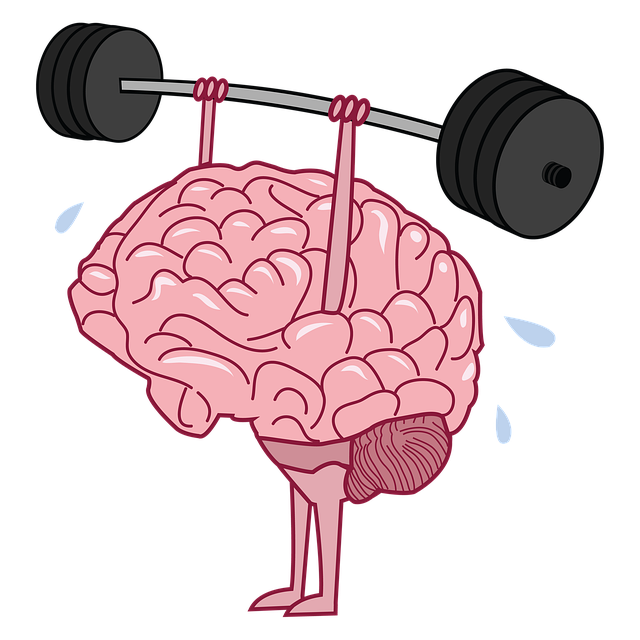Westminster Geriatrics Therapy advocates a comprehensive, holistic approach to crisis intervention for elderly care, focusing on both physical and mental health. Their strategies emphasize individualization, integrating medical care, counseling, and community outreach. Key components include self-awareness exercises, Mental Wellness Coaching Programs, and Mental Health Education to build resilience and empower seniors. Cultural sensitivity and family involvement are crucial for post-crisis recovery, ensuring a tailored, supportive geriatric care environment.
In the face of crisis, effective interventions can make a profound difference in the lives of older adults. This article offers a comprehensive guide to crisis intervention strategies tailored for geriatric care, drawing from the principles of the Westminster Geriatrics Therapy Model. We explore key aspects including assessment techniques, immediate management strategies, and the development of personalized plans addressing individual needs and risks. Furthermore, we emphasize the critical roles of community resources and family involvement in post-crisis recovery, providing essential insights for professionals aiming to deliver holistic support.
- Understanding Crisis Intervention: A Brief Overview for Geriatric Care
- Assessing the Westminster Geriatrics Therapy Model for Effective Support
- Strategies for Immediate Crisis Management in Older Adults
- Building a Comprehensive Plan: Addressing Individual Needs and Risks
- The Role of Community Resources and Family Involvement in Post-Crisis Recovery
Understanding Crisis Intervention: A Brief Overview for Geriatric Care

Crisis intervention strategies are pivotal in geriatric care, where understanding and addressing mental health issues among elderly individuals require specialized approaches. Westminster Geriatrics Therapy recognizes that recognizing and responding to a crisis promptly can significantly impact an older adult’s long-term well-being. A successful intervention often involves tailored support and a holistic view of the individual’s physical, cognitive, and emotional needs.
In this context, Mental Wellness Coaching Programs Development plays a crucial role in empowering both care providers and seniors. By focusing on Emotional Regulation as a core component, these programs help individuals cope with stressors and maintain stability during challenging times. Moreover, addressing Burnout Prevention is essential to ensure that caregivers can sustain their support over the long term, thereby fostering a more resilient and supportive environment for geriatric care.
Assessing the Westminster Geriatrics Therapy Model for Effective Support

The Westminster Geriatrics Therapy Model offers a promising framework for crisis intervention strategies, emphasizing holistic support tailored to elderly individuals’ unique needs. This model’s strength lies in its multi-dimensional approach, addressing not just physical health but also cognitive, social, and emotional well-being. By integrating various components like medical care, counseling, and community outreach programs, it ensures comprehensive assistance during times of crisis.
Implementing a Community Outreach Program as part of this model can significantly enhance accessibility to mental health services. Self-Awareness Exercises, another key component, foster resilience by encouraging individuals to identify and manage their emotional responses to crises effectively. This proactive strategy aligns with the broader goal of Mental Health Policy Analysis and Advocacy, promoting policies that prioritize geriatric mental health support within communities.
Strategies for Immediate Crisis Management in Older Adults

In immediate crisis management for older adults, a multifaceted approach is crucial, especially considering the complex interplay of physical and mental health issues that can arise with age. Westminster Geriatrics Therapy emphasizes the importance of swift yet comprehensive intervention strategies. This includes not only addressing the acute crisis but also laying the groundwork for long-term resilience building. A holistic assessment is vital to understanding the individual’s circumstances, encompassing medical history, social dynamics, and psychological well-being.
Healthcare providers play a pivotal role in crisis intervention by offering not just immediate support but also educating older adults about mental health coping mechanisms. Well-designed Mental Health Education Programs can equip them with skills to navigate future crises. Furthermore, enhancing the cultural competency of healthcare providers is essential, ensuring sensitive and effective care tailored to diverse older adult populations. This training enables professionals to bridge communication gaps and offer more personalized interventions.
Building a Comprehensive Plan: Addressing Individual Needs and Risks

When developing crisis intervention strategies for Westminster Geriatrics Therapy, a key component is crafting a comprehensive plan tailored to individual needs and risks. This involves a thorough assessment of each patient’s unique circumstances, including their medical history, cognitive abilities, social support systems, and psychological resilience. By understanding these factors, therapists can design interventions that are not only effective but also empowering.
The process should incorporate various evidence-based approaches such as coping skills development and mental health education programs designed to enhance mental wellness coaching. These strategies aim to equip elderly individuals with the tools to navigate crises independently while fostering a sense of self-efficacy. Tailoring these programs to align with cultural sensitivity and individual preferences is essential for ensuring their effectiveness, especially in diverse geriatric settings.
The Role of Community Resources and Family Involvement in Post-Crisis Recovery

Community resources and family involvement play a pivotal role in the post-crisis recovery process, especially for vulnerable populations like the elderly. Westminster Geriatrics Therapy has successfully incorporated these elements into their crisis intervention strategies, demonstrating that a holistic approach can significantly enhance long-term healing. By leveraging community support networks, individuals and families affected by crises gain access to essential services, such as counseling, housing assistance, and nutritional programs, which are crucial for rebuilding their lives.
Family involvement is another critical component, as loved ones provide emotional support and practical help during the recovery phase. The Mental Wellness Podcast Series Production and Public Awareness Campaigns Development initiatives have contributed to raising public awareness about the importance of family engagement in crisis management. Moreover, these efforts foster a sense of community resilience and encourage individuals to cultivate their inner strength, which is essential for navigating life’s challenges and promoting overall mental wellness.
In conclusion, effective crisis intervention for older adults requires a multifaceted approach that incorporates the Westminster Geriatrics Therapy Model, immediate crisis management strategies, and comprehensive planning tailored to individual needs. By understanding geriatric care crises and leveraging available resources, such as community services and family involvement, we can enhance post-crisis recovery. This holistic guidance ensures that seniors receive the necessary support to navigate challenging situations, fostering a more resilient and caring society.














